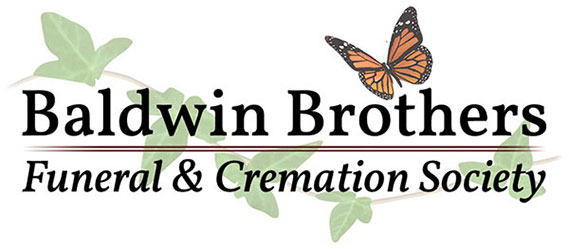The blank page stares back at you. Tomorrow, next week, or in just a few hours, you’ll stand before family and friends to speak about someone who meant everything. But where do you even begin?
If you’re struggling to write a eulogy, you’re not alone. Most of us aren’t prepared for this moment—trying to capture an entire life, your relationship, and your grief in a few minutes of words. The pressure can feel overwhelming, especially while you’re grieving.
Here’s the truth: there’s no perfect eulogy. The most meaningful tributes often come from the heart, not from following a formula. But having a starting point can help when everything feels impossible.
Start With Just One Memory
Don’t try to write everything at once. Close your eyes and think of one specific moment with your loved one. Maybe it’s dad teaching you to ride a bike, mom singing off-key in the kitchen, or your friend’s ridiculous laugh that could fill a room. Write that memory down exactly as you remember it—the details, the feelings, even the weather that day.
This single memory can become your anchor. You might build your entire eulogy around it, or it might simply help you find your voice to write more.
Borrow Words When Your Own Won’t Come
There’s no shame in using a poem, song lyrics, or quote that captures what you’re feeling. Did your grandmother love Maya Angelou? Did your brother play the same Bob Dylan song on repeat? These borrowed words can say what you can’t, and they connect your loved one’s memory to something larger.
You might open with a favorite quote of theirs, or close with lines from their favorite book. Sometimes these touchstones give us permission to feel when we’re too numb to create.
Talk to Their Things
This might sound strange, but it works. Go to their closet, their workshop, their garden. Pick up something they touched every day—their coffee mug, their reading glasses, their favorite sweater. Hold it and start talking out loud. Tell that object about its owner.
“This was mom’s Sunday coffee mug. She’d sit here every morning before anyone else woke up, doing her crossword…”
Record yourself on your phone if you can. These rambling, unfiltered thoughts often become the most genuine parts of a eulogy.
Ask for Help (Really)
Text three people this question: “What’s one thing about [name] you’ll never forget?”
Their responses might surprise you. The funeral director’s daughter might remember how your dad always asked about her soccer games. Your mom’s coworker might share how she kept candy in her desk for anyone having a bad day. These outside perspectives can help you see your loved one through fresh eyes and might spark memories you’d forgotten.
Let It Be Messy
Your first draft might be:
- A list of random memories
- Half-sentences that trail off
- Stories that jump around in time
- Tears on the page
That’s okay. That’s actually good. Grief isn’t linear, and your eulogy doesn’t have to be either. Write the mess first. You can organize it later, or you might find the jumbled authenticity is exactly right.

Simple Structure When You Need It
If you need scaffolding, try this basic format:
- Who they were to you
- A story that shows who they were
- What they taught you or how they changed you
- A goodbye or wish for them
But don’t force it. If all you can manage is reading a list of things you’ll miss about them, that’s enough.
When You Just Can’t
Sometimes, despite your best efforts, the words won’t come. That’s okay too. Consider these alternatives:
Ask someone else to read what you’ve written. Hand them your messy notes, your half-finished thoughts. They’ll understand.
Create a photo tribute instead. Stand up, show pictures, and say just a sentence about each one.
Simply stand and say: “I loved them too much to find the right words today. But I wanted to stand here and honor them with you.”
There’s profound honesty in admitting words aren’t enough.
Remember Why You’re Doing This
You’re not performing. You’re not being graded. You’re simply sharing love in one of the few ways we can when someone is gone—by remembering them out loud, together.
The people listening aren’t expecting perfection. They’re grieving too. They came to remember and to comfort each other. Your willingness to stand up and try, even when it feels impossible, is itself an act of love.
If your voice cracks, if you cry, if you have to stop and take a breath—that’s not failure. That’s love, made visible.
At Baldwin Cremation, we understand that every aspect of saying goodbye can feel overwhelming. Whether you need guidance on memorial planning or simply someone to listen, we’re here to support your family through this difficult time.

